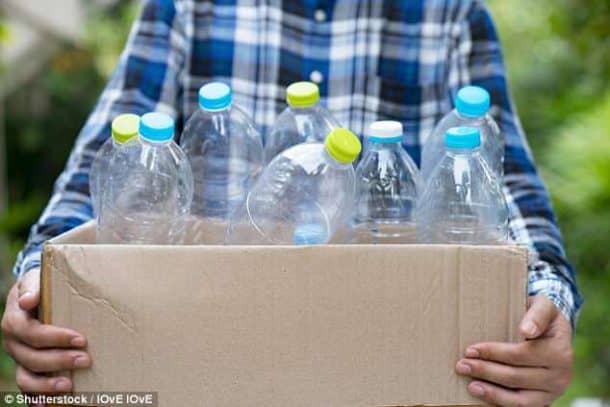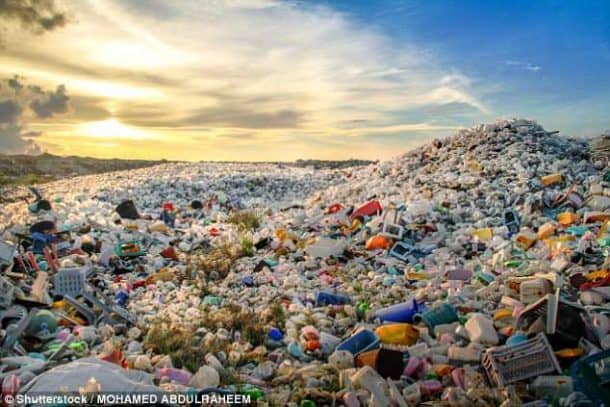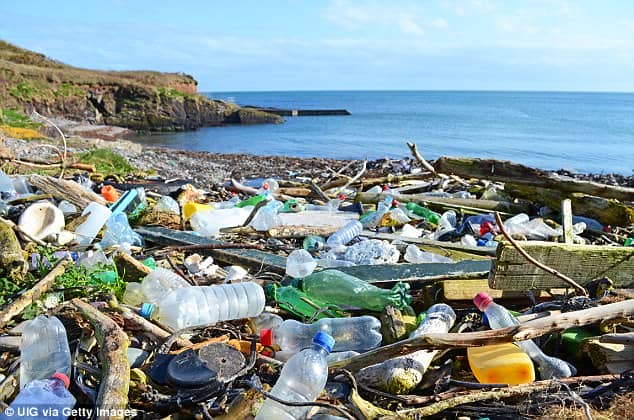A new kind of plastic has been developed which can be recycled unlimited times. The conventional plastic cannot repeatedly be reused because it degrades when recycled over time. Plastics mechanically becomes lower in quality when reprocessed, and then they are made into lower quality of plastics. For example, when a clear plastic bottle is reprocessed, it converts into a lower grade of plastic which is used to make carpet or fleece. The biodegradable plastics once decompose, their chemical building blocks break, and they cannot be reused to make plastic again.

The worldwide production of plastic has increased so much that the output is expected to cross 500 million metric tons by 2050. Mostly the plastics are produced for single-use applications and these materials stay in the environment for centuries. The researchers from Colorado State University said that it was a significant issue and the need to develop a plastic which can be reused was there. They formed a chemical recycling method which breaks the plastic down into its building blocks which can then be purified and turned back into plastic.
Dr. Jian-Bo Zhu and his colleagues took an existing plastic and took steps to improve it. They used two catalysts which can break down the polymer into constituent monomers which high efficiency at about 85% at which point, the monomers can be reused. Talking about the research, Andrew Dove said, “‘Studies such as that of Zhu et al., in which disposed plastics can be infinitely recycled without deleterious effects on their properties, can lead to a world in which plastics at the end of their life are not considered as waste but as raw materials to generate high-value products and virgin plastics.”

The solution to the problem of recycling has been proposed previously as well. British researchers announced that they had created a plastic-digesting enzyme while conducting experiments on natural bacteria found in a Japanese recycling center. Tests showed that the lab-made mutant had a supercharged ability to break down polyethylene terephthalate (PET). This is the most commonly used type of plastic which is employed by food and drinks industry. This can help to reduce the waste output and tackle the use of crude oil in plastic manufacturing.


